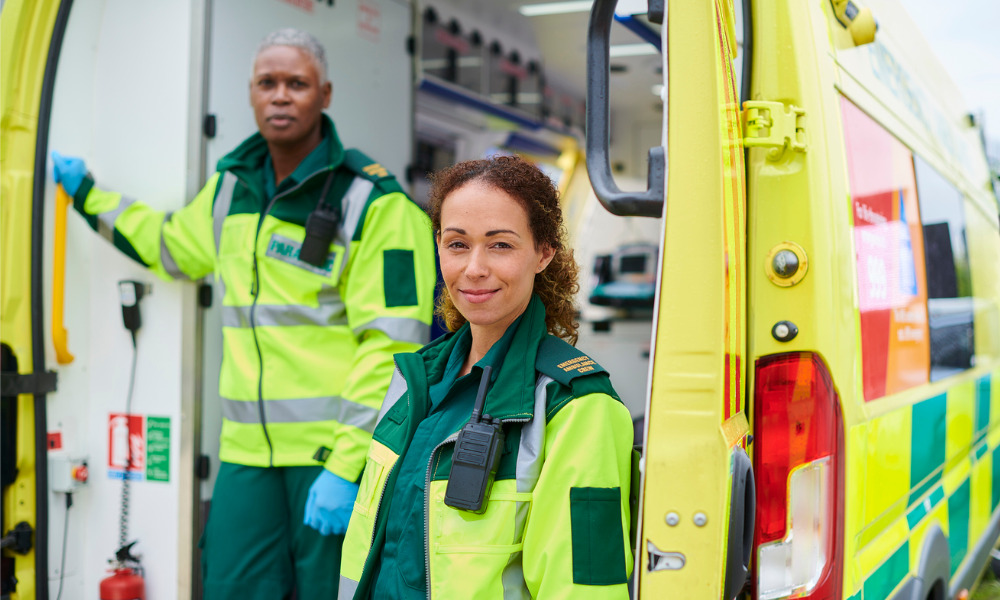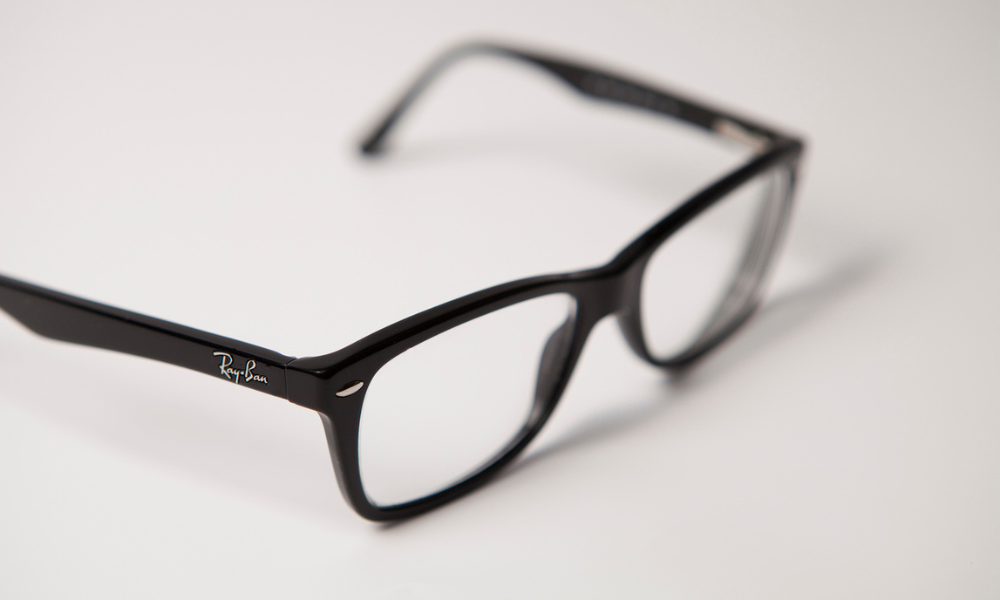It will benefit nurses, paramedics, police, child protection workers, other essential workers

The New South Wales government has introduced landmark industrial reforms that will benefit essential workers such as nurses, paramedics, police, child protection workers, firefighters, cleaners, and many others.
The reforms will remove the power to cap wages which will future proof NSW’s industrial system against wage suppression.
“Paramedics, nurses, teachers, police, firefighters, cleaners and many more workers are furious after having their pay capped for 12 years under the Liberal-Nationals,” said Sophie Cotsis, minister for industrial relations.
“This reform stops that from happening again and delivers on Labor’s election promise to scrap the wages cap once and for all,” she added.
The reforms will be bringing in a mutual gains model of negotiation where agencies and unions will be required to undergo conversation to find mutually agreed improvements to the work life of essential workers.
“Better public sector workplaces means better public services,” said Cotsis. “If these reforms pass, schools, hospitals and many more public sector workplaces are set to improve.”
The Treasury’s productivity unit will be linking pay rises to improvements in public services. The Industrial Relations Commission (IRC) will be required to take the government’s fiscal position and outlook into consideration. The IRC will also be facilitating the improvements to the conditions while making sure that the fiscal position and the outlook of the state is taken into account.
Through the reforms, an Industrial Court will be given the power to bring unions and government agencies together when it comes to negotiations regarding dispute resolution.
“These reforms won’t just benefit the state’s essential workers, they will improve workplace safety for millions in NSW by providing specialised health and safety judges,” said Cotsis.
As of 18 October, a total of 49 people have died in workplaces in NSW, which was more than one death per week. Specialised judges are set to be appointed to hear and resolve issues concerning workplace health and safety matters and underpayments. The reforms aim to provide safer and more productive workplaces for individuals in NSW.










